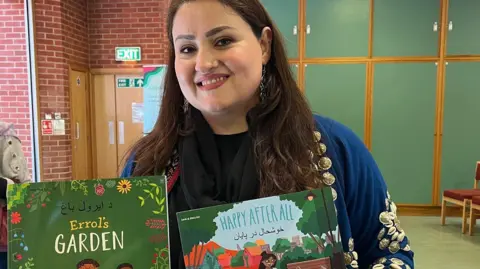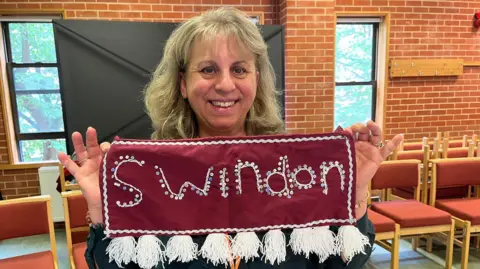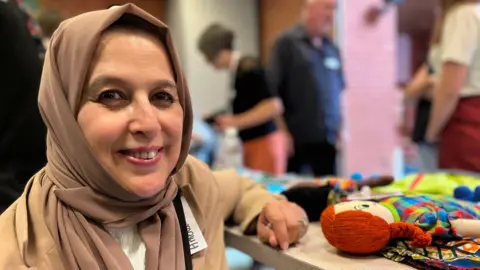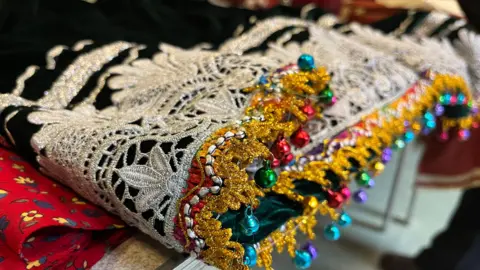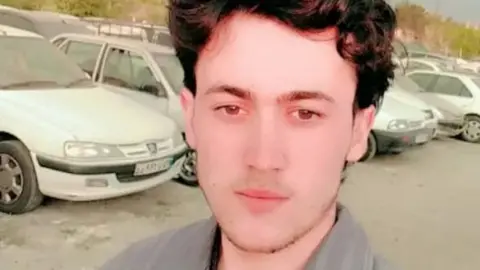The main speakers will include Roza Otunbayeva, the UN Secretary-General’s Special Representative for Afghanistan, the Under-Secretary-General for Humanitarian Affairs, and the head of UN Women, who will address the situation in Afghanistan.
The council’s statement said that following the public session, a closed-door meeting will take place. The statement reads: “On Monday morning (23 June), the Security Council will convene for an open briefing on Afghanistan. Special Representative of the Secretary-General and Head of the UN Assistance Mission in Afghanistan (UNAMA) Roza Otunbayeva, Assistant Secretary-General for Humanitarian Affairs Joyce Msuya, and UN Women Executive Director Sima Sami Bahous are expected to brief. Some regional member states may participate in the meeting under rule 37 of the Council’s provisional rules of procedure. Closed consultations are scheduled to follow the open briefing.”
Political analyst Gul Mohammad Sediqi Mohammadi said: “If the Security Council wishes to bring reforms to Afghanistan and integrate the Afghan government into the international community, it must continue engagement with the caretaker Afghan government.”
The statement said that in addition to addressing Afghan refugees and the threat of terrorism, the meeting will focus on ensuring the “full, equal, and meaningful participation of women in society” and the restrictions imposed upon them.
The council said: “Bahous and other speakers are expected to call for the equal, full, and meaningful participation of women in Afghan society, and describe the devastating impact that the Taliban’s policies continue to have on the rights of women and girls. Bahous may underscore the importance of centering women’s participation and rights in all diplomatic engagements with the Taliban.”
Another political analyst, Idris Mohammadi Zazai, commented: “To resolve these problems and escape the economic and political crises, the Islamic Emirate and the international community must make mutual concessions that they currently find impossible to accept.”
Roza Otunbayeva is expected to update Council members about the next steps in the Doha process and the scheduling of working group meetings for that initiative.
According to the Council’s statement, the Doha process working groups on narcotics control and Afghanistan’s private sector will meet on 30 June and 1 July in Doha.
The statement continues: “Otunbayeva is expected to update members on the next steps in the Doha process, which was launched in May 2023 to advance a political roadmap for more effective and coherent international engagement with the Taliban. On 30 June and 1 July, two working groups—one on counter-narcotics and the other on the private sector—are scheduled to convene in Doha as part of this process.”
Political analyst Aziz Maraj said: “Such meetings have neither benefitted Afghanistan nor will. It will simply feature repetitive speeches and fabricated reports.”
The Islamic Emirate has not made an official comment but has rejected the UN Secretary-General’s quarterly report on Afghanistan.
This is the second quarterly meeting of the UN Security Council on Afghanistan in 2025. Two more are scheduled before the end of the year.
 Afghanistan Peace Campaign
Afghanistan Peace Campaign